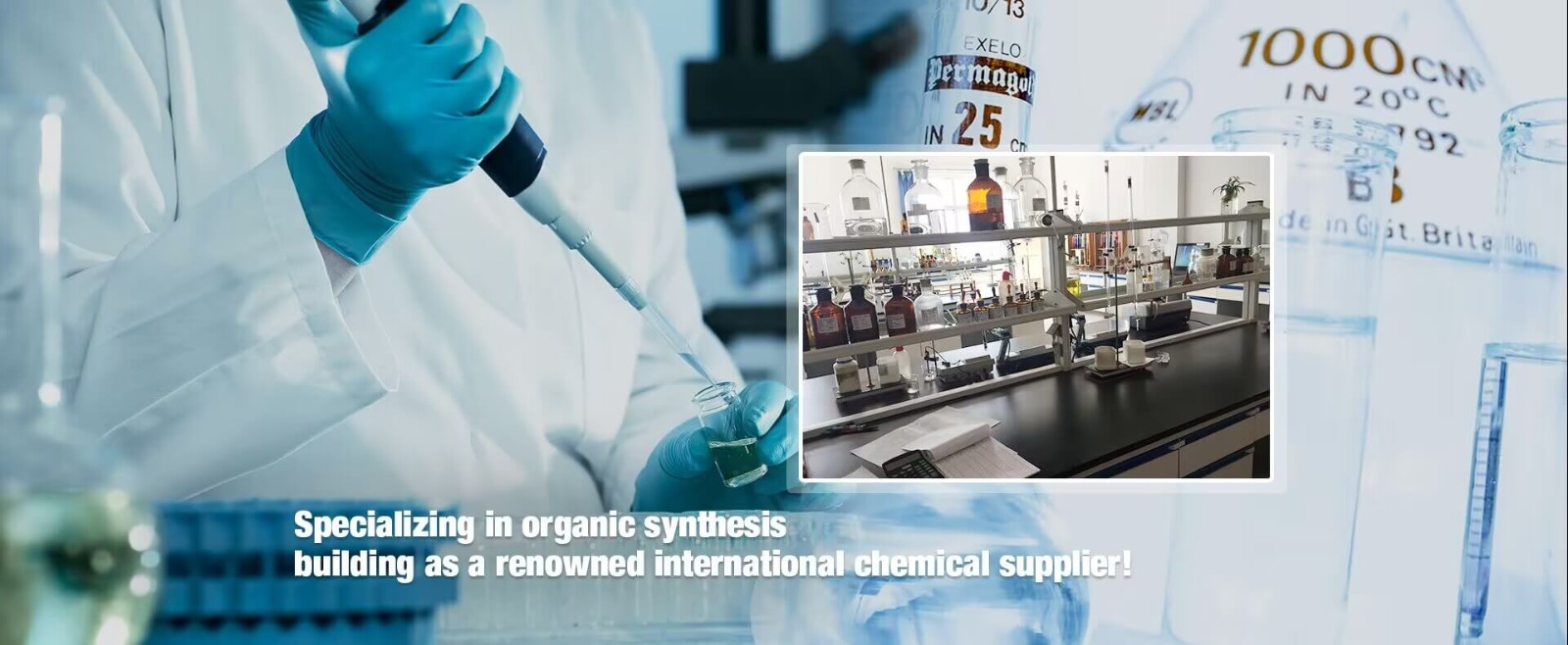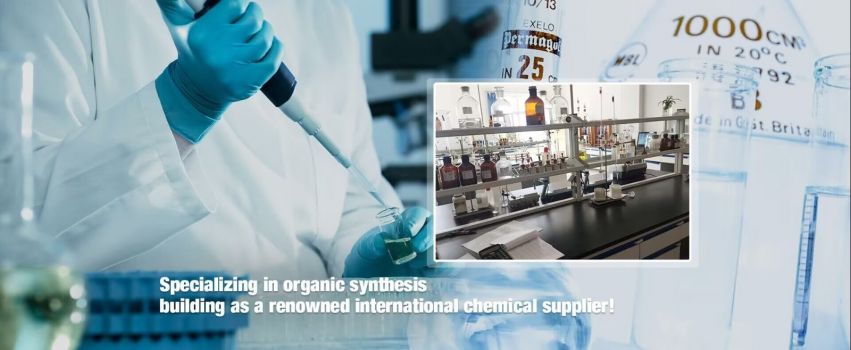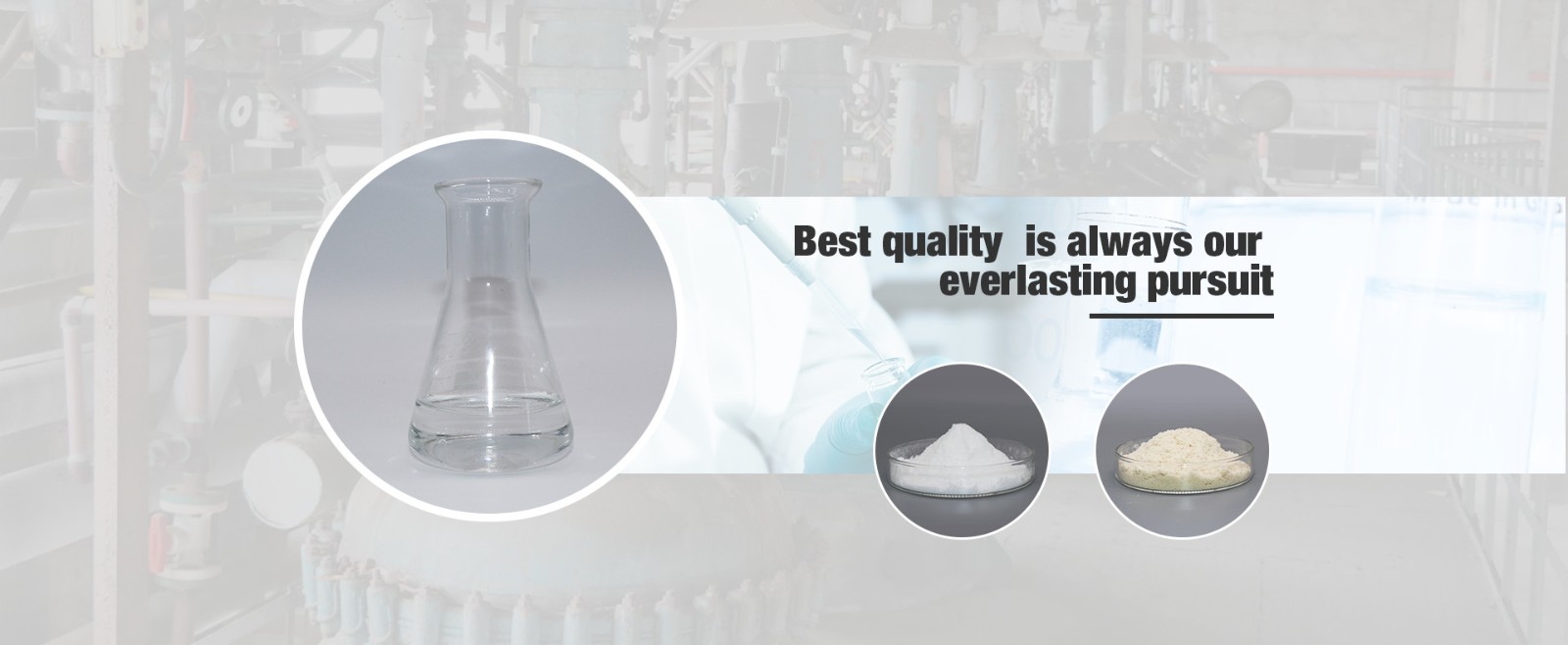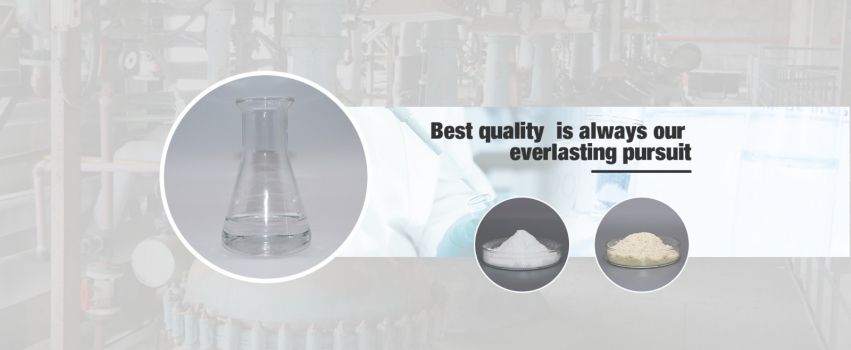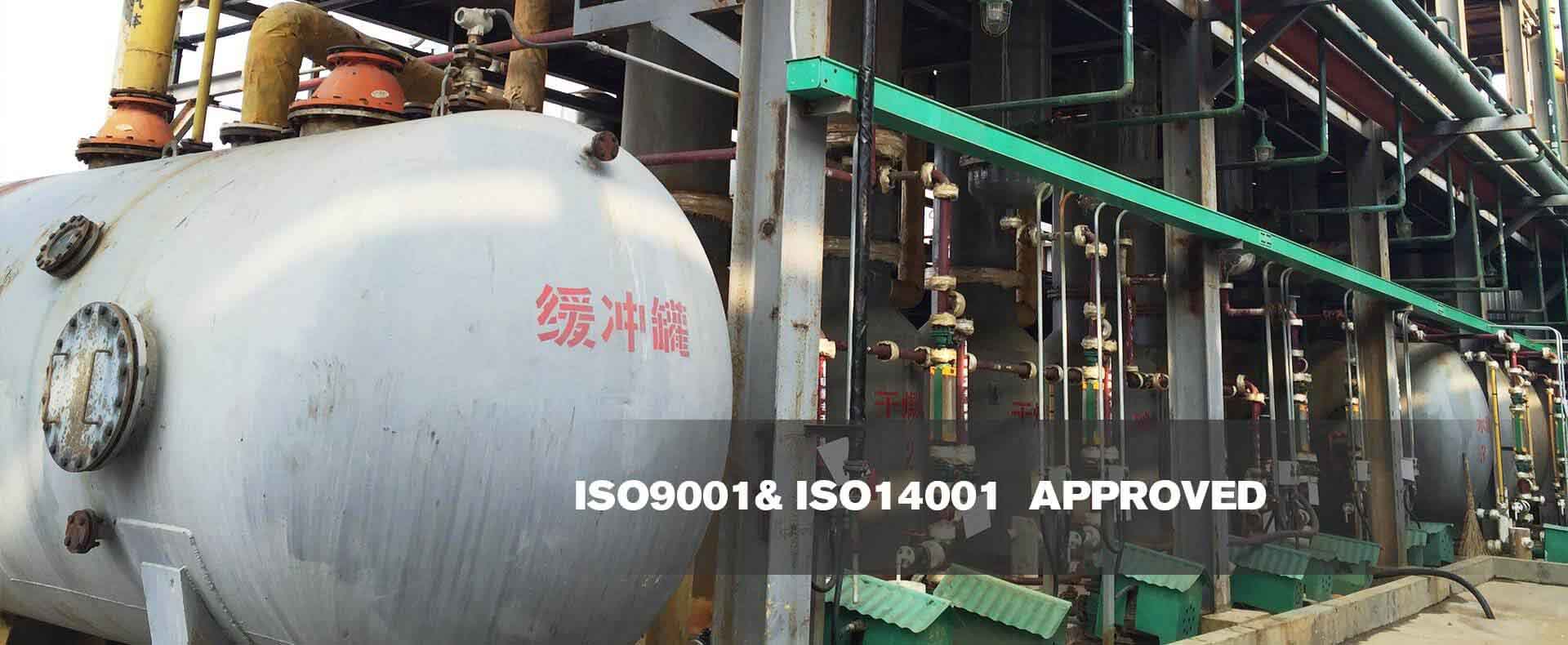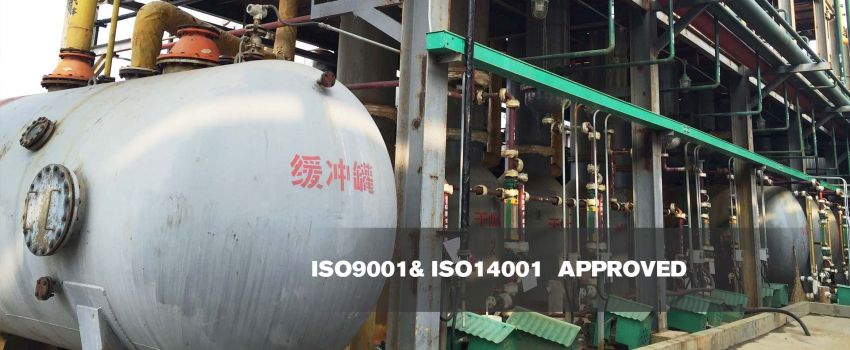Mechanism of Corrosion Inhibitor
Aug. 11, 2020
The mechanism of action of corrosion inhibitors can be summarized into two types, namely the electrochemical mechanism, and physical-chemical mechanism. The electrochemical mechanism is based on the electrochemical process occurring on the metal surface to explain the role of corrosion inhibitors. The physical and chemical mechanism is based on the physical and chemical changes that occur on the metal surface to illustrate the role of corrosion inhibitors. The two mechanisms deal with problems in different ways, but they are not contradictory, and there is a certain causal relationship. Our company provides organic fine chemicals.
Electrochemical mechanism of corrosion inhibitor
The corrosion of metals is mostly the result of galvanic reaction on the metal surface, which is also the most important factor causing erosion and corrosion. The galvanic reaction includes anode reaction and cathode reaction. If the corrosion inhibitor can inhibit either or both of the anode and cathode reactions, the galvanic cell reaction will slow down and the corrosion rate of the metal will slow down. We call corrosion inhibitors that can inhibit anodic reactions as anode-inhibited corrosion inhibitors; corrosion inhibitors that can inhibit cathodic reactions are called cathodic-inhibited corrosion inhibitors; and corrosion inhibitors that can inhibit both anodic and cathodic reactions The agent is called a mixed corrosion inhibitor.
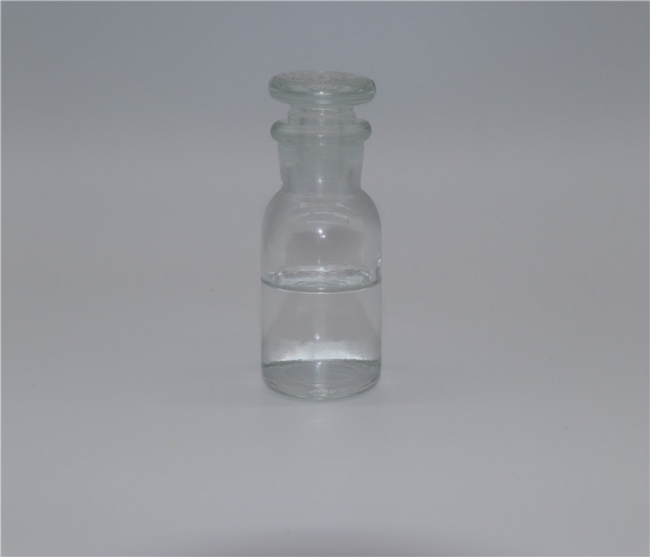
Potassium dichromate, potassium chromate, sodium nitrite, sodium nitrate, potassium permanganate, phosphate, silicate, borate, carbonate, benzoate, cinnamate, etc. Corrosion agent. The effect of anode corrosion inhibitor on the anode process is: ①A thin oxide film is formed on the metal surface to isolate the metal from the corrosive medium; ②The metal ionization process is inhibited due to characteristic adsorption; ③The metal electrode potential reaches the passivation potential.
Cathodic corrosion inhibitors mainly achieve corrosion inhibition through the following effects: (1) Increase the overpotential of the cathode reaction. Sometimes anionic corrosion inhibitors inhibit the hydrogen ion discharge reaction by increasing the overpotential of hydrogen ion discharge. For example, alkaline corrosion inhibitors such as Na2C03 and triethanolamine can neutralize acidic substances in the water, reduce the hydrogen ion concentration, and increase the hydrogen evolution overpotential. The reduction of hydrogen ions on the metal surface is hindered and corrosion is slowed down; ②The formation of a compound film on the metal surface, such as low molecular organic amines and their derivatives in organic corrosion inhibitors, can form a multi-molecular layer in the cathode area of the metal surface so that It is difficult for depolarizers to reach the metal surface to slow down corrosion; ③Absorb dissolved oxygen in water, reduce the concentration of cathode reactant --02 in the corrosion reaction, thereby slowing down the corrosion of metal.
The above information is provided by organic fine chemicals supplier.
-

CPHI & PMEC China (Shanghai) 2025 --- we are coming!
Mar. 14, 2025
-
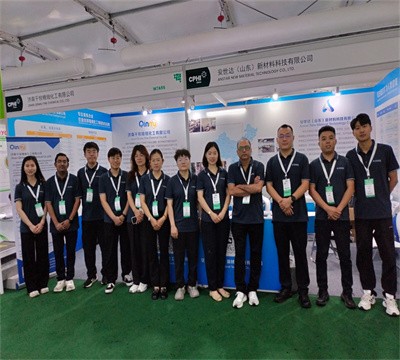
Nice to meet you——CPHI 2024 Shanghai
Jul. 08, 2024









